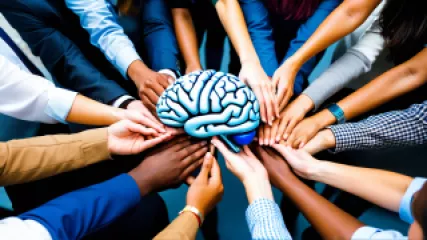Discovering My Attachment Style: A Personal Journey
1 year ago
Attachment Styles
Mastering the Art of Self-Care: Your Ultimate Wellness Guide
1 year ago
Self Care
My Personal Journey of Coping with Grief
1 year ago
Grief
Overcoming Anxiety: My Journey to Finding Relief Through Personal Development Coaching
1 year ago
Anxiety Relief Exercises
The Ultimate Guide to the Psychology of Cooperation
1 year ago
Psychology of Cooperation
How Can I Learn to Truly Accept Myself?
1 year ago
Self Acceptance
The Psychology of Effective Cooperation: Insights for a Better World
1 year ago
Psychology of Cooperation
Top Questions to Ask in Grief Coaching
1 year ago
Grief
Embracing Cooperation: My Journey to Unlocking the Benefits in Therapy
1 year ago
Psychology of Cooperation
Navigating Grief: A Step-by-Step Guide to Finding Healing
1 year ago
Grief
My Journey to Overcome Anxiety: Exercises That Changed My Life
1 year ago
Anxiety Relief Exercises
Mastering Attachment Styles: The Ultimate Guide to Understanding and Coaching
1 year ago
Attachment Styles
Top 10 Online Conflict Resolution Experts to Follow
1 year ago
Conflict Management
Top 10 Mindfulness Meditation Techniques for Emotional Well-Being
1 year ago
Mindfulness Meditation
How to Achieve Self-Acceptance: Answering Your Top Questions
1 year ago
Self Acceptance















